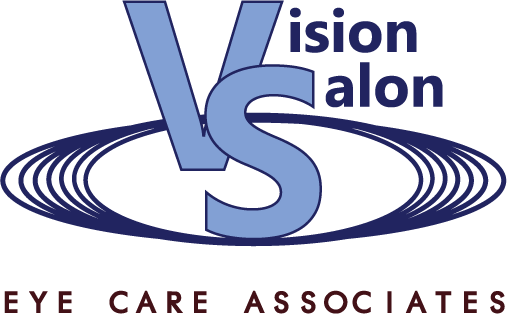
Keratoconus
Keratoconus (ker-uh-toe-KOH-nus) occurs when your cornea — the clear, dome-shaped front surface of your eye — thins and gradually bulges outward into a cone shape.
A cone-shaped cornea causes blurred vision and may cause sensitivity to light and glare. Keratoconus usually affects both eyes and generally occurs in people ages 10 to 25. The condition may progress slowly for 10 years or longer.
Vision problems can be corrected with glasses or soft contact lenses early on in the condition. As keratoconus progresses, you may have to be fitted with rigid gas permeable contact lenses or other types of contact lenses. Advanced keratoconus may require a cornea transplant.
Signs and symptoms of keratoconus may change as the disease progresses. They include:
- Blurred or distorted vision
- Increased sensitivity to bright light and glare
- Problems with night vision
- Many changes in eyeglass prescriptions
- Sudden worsening or clouding of vision, caused by a condition in which the back of your cornea ruptures and fills with fluid (hydrops)
Make an appointment to see us or see your eye doctor if you have irregular curvature of the eye (astigmatism) and your eyesight is worsening rapidly. Your eye doctor also may look for signs of keratoconus during routine eye exams.
If you’re considering laser-assisted in-situ keratomileusis (LASIK) eye surgery, make sure your doctor checks for signs of keratoconus before you proceed. We can evaluate your eyes in our office to also see if you are a good candidate for LASIK.
The exact cause of keratoconus is unknown.
Keratoconus may be associated with:
- Vigorous rubbing of your eyes
- Other eye conditions, including retinitis pigmentosa, retinopathy of prematurity or vernal keratoconjunctivitis
- A combination of several disorders, such as enzyme abnormalities or hereditary factors including Down syndrome
- Wearing contact lenses for several years
Visual correction with moderate to advanced keratoconus may be best with contact lenses with surgery being an option with more advanced cases.
Contact lenses for keratoconus include several options for not only great clarity but much better comfort than lenses that were available just several years ago. Our office uses several advanced design lenses that include soft, hybrid, and scleral designs. Feel free to call our office to make an appointment for an evaluation to see which lens type would be best for you.
← Presbyopia
Eye Health →


